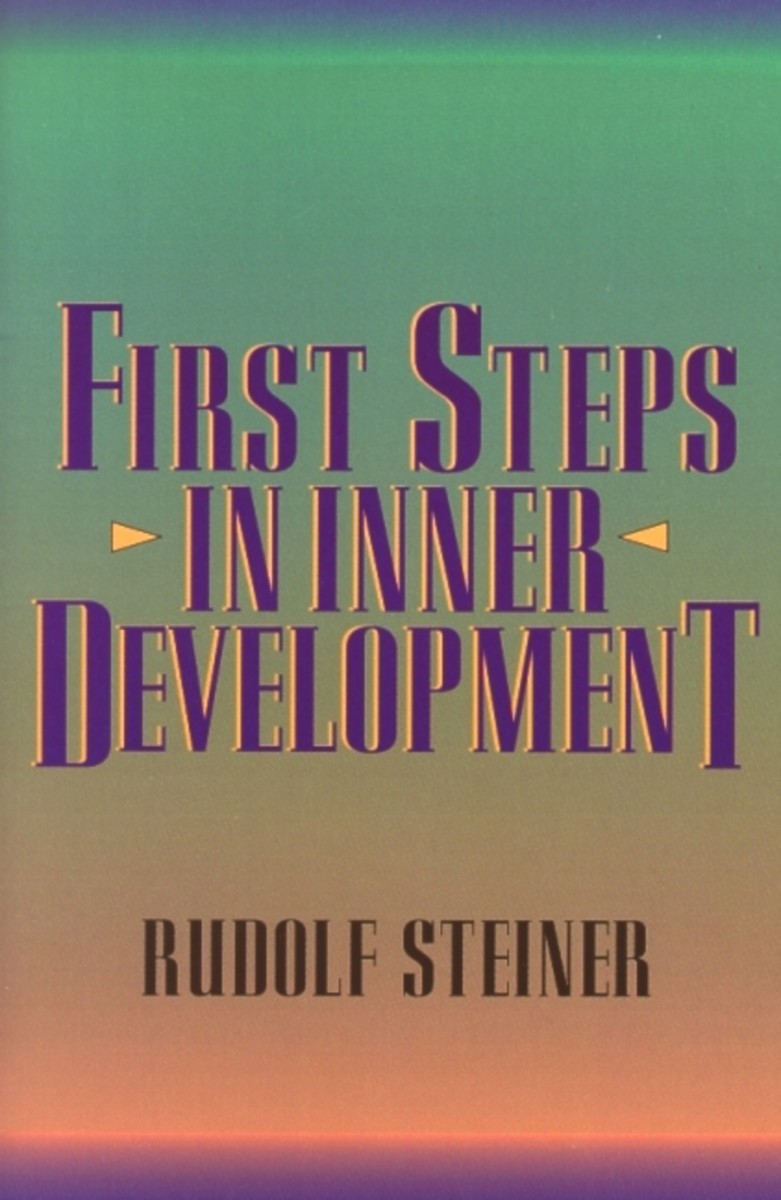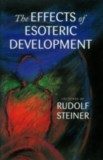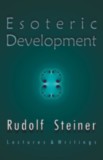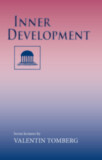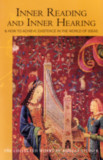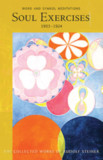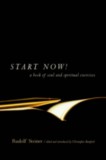First Steps in Inner Development
- Publisher
SteinerBooks - Published
1st September 1999 - ISBN 9780880104647
- Language English
- Pages 96 pp.
- Size 5.5" x 8.5"
“There is a delicate distinction between these two sentences: ‘To find the others in oneself’ and ‘To find oneself in the others.’ In the higher sense, it means ‘You are that.’ [Tat tsvam asi]. Above all, in the highest sense, it means to recognize oneself in the world and to understand that saying of Novalis from The Disciple at Sais... ‘One was successful. He lifted the veil of the goddess at Sais. But what did he see? Miracle of miracles! He saw himself.’ To find oneself—not in egoistic inwardness, but selflessly in the outer world—that is true self-knowledge.” —Rudolf Steiner
Rudolf Steiner is perhaps best known for his influence and wisdom in the fields of education, agriculture, medicine, science, and art.
It is often forgotten that it was as a spiritual teacher that he made these contributions. Unfortunately, while his immediate students had the advantage of Steiner as a personal guide to their inner lives, later readers have had only his written works to guide them.
Steiner, however, did give a few lectures on inner development—especially on beginning a path of practice. This book now collects these lectures—some of which have never been in English—for the first time. It also contains a number of the basic meditations and exercises shared by Steiner with his students.
Here readers will find descriptions of various practical exercises, including exercises for the moral qualities that students must develop, and for the various qualities of consciousness that inner development requires.
This book is not only for beginners. Wherever you are on the path, this book will be your companion.
C O N T E N T S:
Introduction by Christopher Bamford
1. The Inner Life
2. The Path
3. First Steps
4. Ways to Inner Development (extracts)
Six Essential Exercises
The Three Ways
The Christian Way
5. How Does the Soul Find Its True Being?
Rudolf Steiner
Rudolf Steiner (b. Rudolf Joseph Lorenz Steiner, 1861–1925) was born in the small village of Kraljevec, Austro-Hungarian Empire (now in Croatia), where he grew up. As a young man, he lived in Weimar and Berlin, where he became a well-published scientific, literary, and philosophical scholar, known especially for his work with Goethe’s scientific writings. At the beginning of the twentieth century, he began to develop his early philosophical principles into an approach to systematic research into psychological and spiritual phenomena. Formally beginning his spiritual teaching career under the auspices of the Theosophical Society, Steiner came to use the term Anthroposophy (and spiritual science) for his philosophy, spiritual research, and findings. The influence of Steiner’s multifaceted genius has led to innovative and holistic approaches in medicine, various therapies, philosophy, religious renewal, Waldorf education, education for special needs, threefold economics, biodynamic agriculture, Goethean science, architecture, and the arts of drama, speech, and eurythmy. In 1924, Rudolf Steiner founded the General Anthroposophical Society, which today has branches throughout the world. He died in Dornach, Switzerland.


